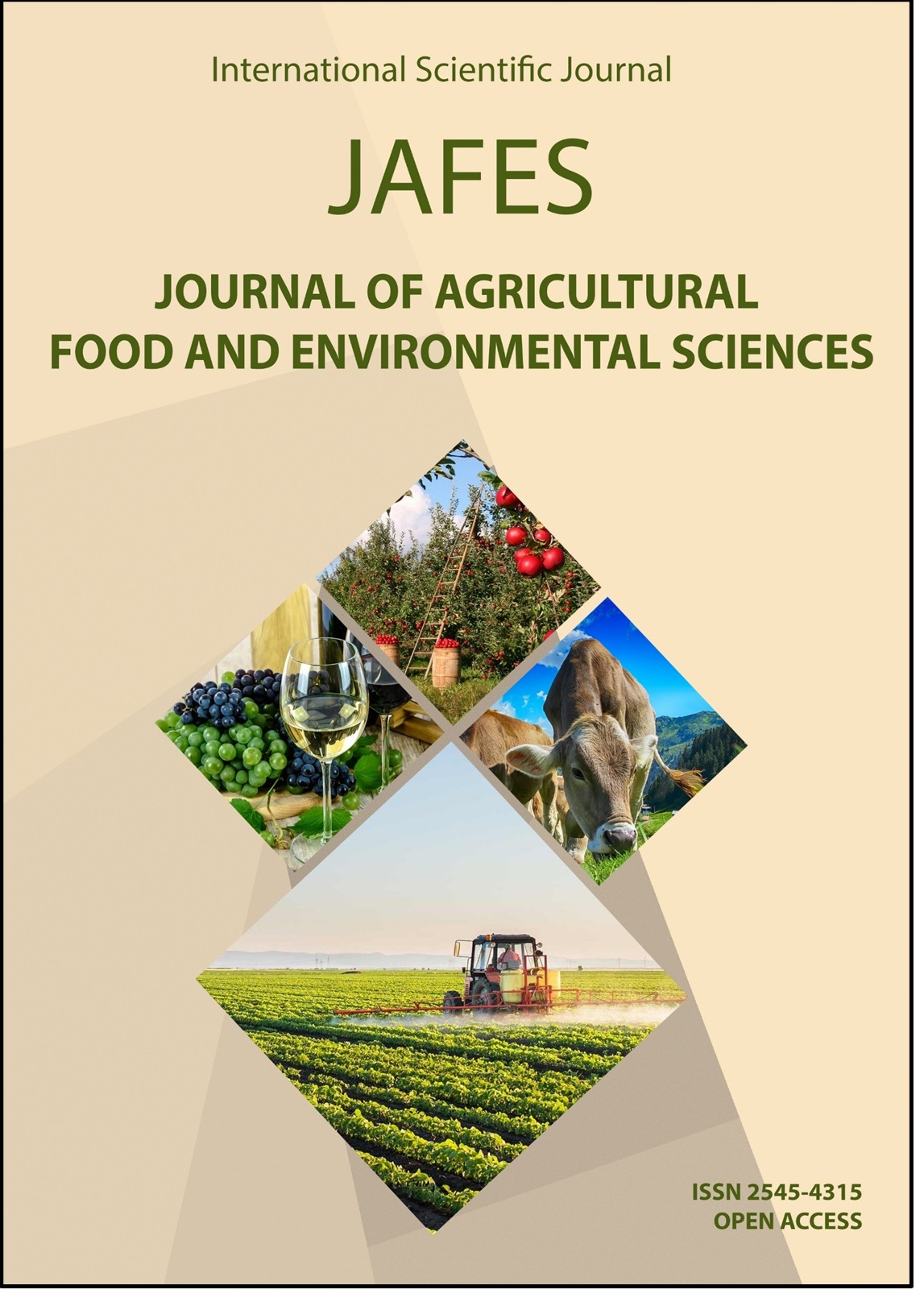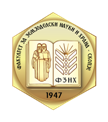SOME EDIBLE HERBS CONSUMED AS VEGETABLES AROUND DIYARBAKIR - AKBANDIR PLANT
Клучни зборови:
Akbandır, Diyarbakır, Vegetable, Weed.Апстракт
This research was conducted to determine some wild plants consumed as vegetables in Diyarbakir and its close region (Siverek-Karacadağ) and to survey the consumption patterns of these weeds like Akbandır by the local people. Our survey and field studies have began in the spring period (April-May). Gundelia tournefortii L. (Kenger), Ornithogalum narbonense L. (Akbandır), Mentha pulegium L. (Yarpuz), Malva neglecta (Millbelly), Portulaca oleracea subsp. oleracea (Purslane), Nasturtium officinale R. Br. (Sugar), Capsella bursa-pastoris (L.) Medik. (Shepherd's purse), Anchusa azurea Miller (Guriz-Cow), Rheum ribes L. (Light, ışgın) and these plants It has been determined that these plants used for various purposes (food stuffing, salad, frozen winter vegetables). In addition to this research, a survey was conducted on the Akbandır plant with the people working in the collection of this plant in Diyarbakır city center, its districts and its immediate around (Siverek, Karacadağ). It was determined that 100% of Akbandır collectors who participated in the survey did not cultivate these plants, but collected the ones that exist spontaneously in nature. It was observed that 75% of the respondents stated that these plants are gradually decreasing in nature, and 100% of the respondents answered local markets when asked where do you sell these products. With this study, it was tried to create awareness in terms of the importance of other weeds, especially the Akbandır plant, which is consumed as a vegetable in Diyarbakır and its arounds. With the cultivation of these plants, which may face extinction in the future, it is aimed to maintain their contribution to human health and to increase the income of the families who collect these plants, which have economic returns.



